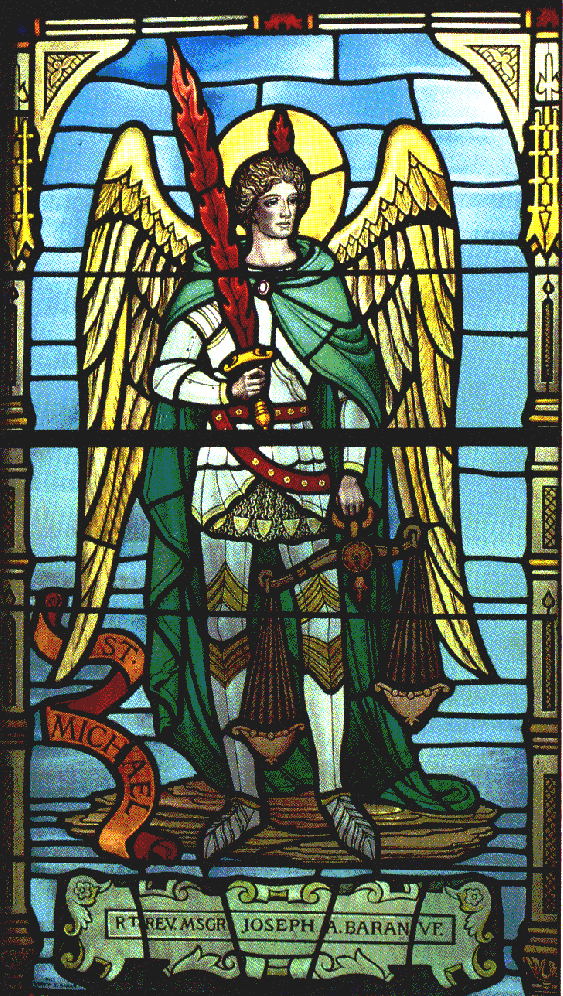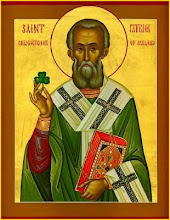4 I thank my God always on your behalf, for the grace of God which is given you by Jesus Christ. [I Corinthians 1.4]
Every year, on the fourth Thursday in November, we Americans celebrate, as a nation, a day of Thanksgiving. My question is this: Why do we, a people who largely confess affection for God, need a governmentally mandated day on which we are to give thanks? The Holy Scriptures are chock full of references to thanksgiving. Are we in a better state than David? Or the Apostles? Or even our Lord Christ Jesus, Himself? If it is true that God rules over all things and provides all things, then it stands to reason that we should give thanks to Him for all that we have. Consider this also: if God rules over all things and provides all things, and if it is also true that God uses all things to the good for those who love Him, then we should further praise and thank him for those things that we perceive as bad, since He will doubtless ensure a good outcome. We should, for lack of better expression, thank God for those things that we do not have, as it is for His glory that we have or have not.
10 Wherefore David blessed the Lord before all the congregation: and David said, Blessed be thou, Lord God of Israel our father, for ever and ever. 11 Thine, O Lord, is the greatness, and the power, and the glory, and the victory, and the majesty: for all that is in the heaven and in the earth is thine; thine is the kingdom, O Lord, and thou art exalted as head above all. 12 Both riches and honour come of thee, and thou reignest over all; and in thine hand is power and might; and in thine hand it is to make great, and to give strength unto all. 13 Now therefore, our God, we thank thee, and praise thy glorious name. 14 But who am I, and what is my people, that we should be able to offer so willingly after this sort? For all things come of thee, and of thine own have we given thee. [I Chronicles 29.10-14]
These questions are even more challenging when we consider them in the context of David’s prayer of thanksgiving from I Chronicles 29:10-14. David recognizes that all things come from God the Father Almighty and by extension recognizes his obligation to give thanks for all, taking his logic to its most rational conclusion. The text, in verse 14, shows David’s realization that, since all things come from God, then even the ability to give thanks is a gift of God.
Why would God give us a gift, which He does not expect us to use? The short, and most obvious answer is: He wouldn’t.
And please do not think from this post that I consider myself above my own criticism. Quite to the contrary, I most wholeheartedly include myself. I know that I do not thank and praise God nearly enough. Try with me to remember God's goodness all year round, not just every fourth Thursday in November.
Let us give thanks unto our Lord God, for it is meet and right so to do. Amen.









3 comments:
Especially since (at least for schoolchildren) the meal is modeled not on the Christian Eucharist, but what the American native peoples might call their own "last supper" - the beginning of the genocide...
You are quite right, "but in the beginning, it was not so...." Of course, neither view is really taught in schools these days. Why would we want to bother filling our children's empty heads with the truth? That is a topic for another day, perhaps.
Jerry
It occurred to me that I should elaborate more in my response to Kyle. According to my understanding of the original harvest feast, which serves as the model for our modern Thanksgiving Day meal, it was the custom in England at the time to celebrate a good harvest with a festival, to include feasting and games as well as prayer. The natives were invited to participate in the festivities because of their help and instruction and in an effort to ensure good relations. The merry-making, according to historical accounts, lasted the better part of three days. The fact that later times saw the subjugation and extermination of native tribes at the hands of whites, while unfortunate and worse, is far removed from the context of this “first Thanksgiving.”
Further, the fact that the traditional Thanksgiving Day meal is modeled on that first harvest feast rather than the Christian Eucharist is beside the point. This fact is easily explained by the fact that the Puritans would not have considered this a religious time of thanksgiving, as there were many secular elements involved. In short, they would not have mingled the Eucharist with a secular harvest festival.
Thanksgiving is now as it was then: a secular holiday. This does not, however, negate the fact that, as Christians, we are called to give thanks to God for the bounty of His blessings. And not only one day a year, but constantly.
By the way, thanks, Kyle, for making me think.
Pax
Jerry
Post a Comment